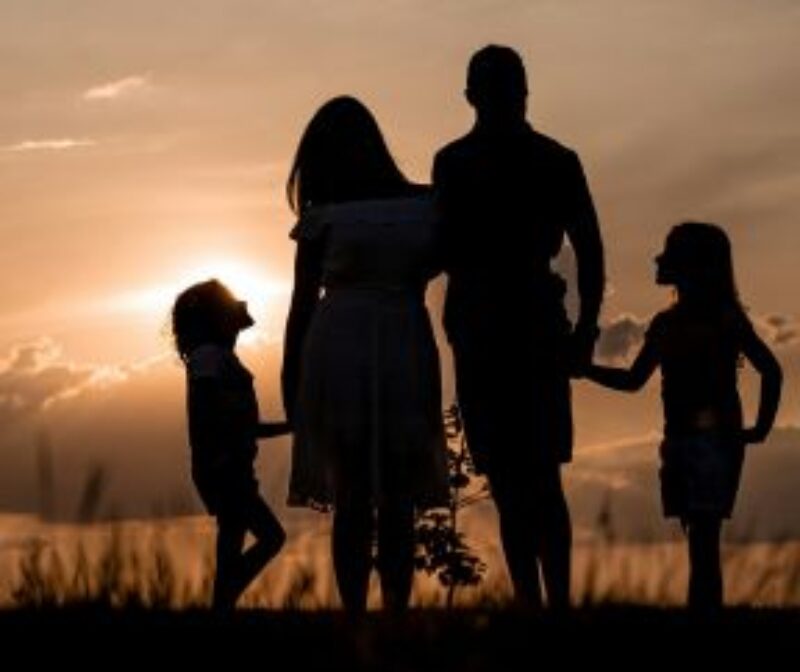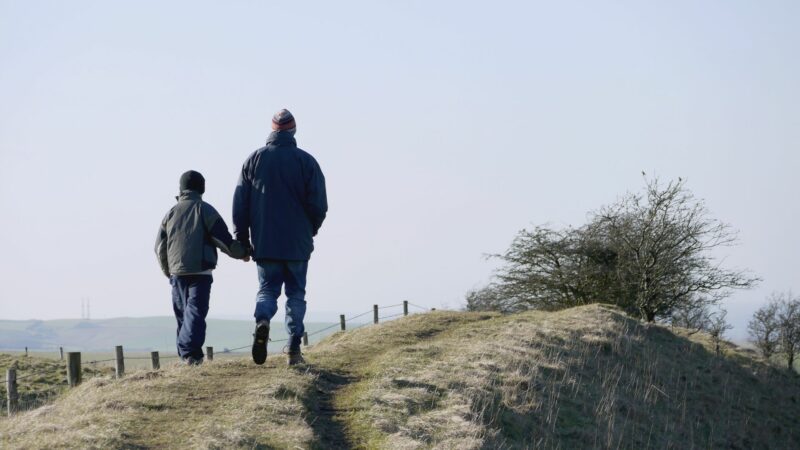In this post, I write about how “meaning-making and beliefs” can be used as tools to soften our suffering around loss, make sense of our current world, and point us in a direction toward healing. I will also explain how spirituality is a resource we can draw upon in order to make meaning.
Beliefs
Our beliefs are made up of a collection of core assumptions or premises about what is “true” in our worldview.[1]–[2] Beliefs are our lens. They are woven in our thoughts, emotions, and behaviors. Beliefs are socially constructed, developed and nurtured by community, and solidified by language used within your family or social system. Each person’s beliefs are unique, and help inform how we make meaning in life and how we make sense of events and circumstances in our life. Beliefs are not always static. As we develop, our beliefs may change, they may become more rigid, or they may become more pliable. Many of our beliefs are rooted in spirituality and/or religion. Often our beliefs are not brought to our consciousness until something challenges them.
Softening suffering, constraining beliefs, and facilitating beliefs are phrases I have borrowed from scholars in the field of family nursing who have dedicated their work to understanding illness narratives, illness beliefs, and spirituality’s role in suffering.[1]–[2] Personally, I have sat with hundreds of individuals and families who are experiencing loss, and have helped them to reconstruct a sense of meaning in their world in order to move them toward a path of healing. Clinically, I have found these terms to be extraordinarily powerful when our beliefs are challenged—or as Park speaks to it, “our global meaning is in discord with our situational meaning.”[3]
This is where the magic of meaning making takes place. Some of our beliefs may be more useful than others, and it is often the discord between the beliefs we hold and the actual world around us that tend to become problematic. Taking some time to explore your beliefs can reveal that there are constraining beliefs (e.g., those that can perpetuate issues and restrict potential solutions) and facilitating beliefs (e.g., those that create an option for a solution).
Breakout Box
Take a moment to explore your beliefs around loss. For example: “I believe that I have control of my environment and if I self-isolate, I will protect myself,” or “I will never get over these feelings of loss.” Both of these are valid beliefs and are informed by your organized belief systems, values, experiences, perceptions, interpretations, and so much more. These beliefs will inform how you make sense of your current situation (i.e., meaning-making) and will influence your emotions and behaviors.
For further exploration see the reflective questions below, taken from Lorraine Wright, Wendy Watson, and Janice Bell:[1]
- How are the belief and the problem or solution connected?
- How does the belief perpetuate the problem or the solution?
- How does the problem or the solution perpetuate the belief?
- What does the belief invite the family (parents/kids/extended system) to do?
- What beliefs do all family members hold?
- How do family members believe differently? Similarly?
- Do any beliefs invite discord? Healing?
Meaning-Making
The scholarly literature around meaning-making is quite vast. For the purposes of this post, I’m going to talk about how spirituality can be a pathway from which we make meaning. The hope is that spirituality can provide a framework that facilitates health-focused coping, and can serve as a personal and family resource. Simply stated, meaning-making is the process by which we take the information our world presents us, interpret it, and ascribe a cognition.[3] To understand how we make meaning requires us to partake in the aforementioned step of exploring our beliefs. Meaning-making is a powerful process toward recovery, resilience, and thriving. The meanings we make of our losses evolve over time. It is important that we find a sense of coherence amidst discord. It is through this dynamic appraisal process that coping through meaning making can occur.
Spirituality and Meaning-Making
Spirituality is viewed as a search within the self to understand and challenge one’s own beliefs in order to find a place of surrender and devotion to what was found during this inner search. It can ultimately be operationalized as the search for purpose, inner wisdom, and meaning in one’s life.[4]–[5] The transcendent in spirituality is not one ideological figure as it is in religion. It is believed to exist outside of the self, and yet also within the self. How people view and utilize their spirituality plays a critical role in how they organize their belief systems and how they create meaning.
Spirituality, as well as religion, can help in stressful times by offering a framework to appraise the situation. For example, it can offer ways to reinterpret a situation in a positive way, providing guidance to see the larger picture of an event. In closing, during times of discord or crisis, spirituality can serve as a means by which we explore our beliefs and the meanings we attribute to our understanding of our world.
Endnotes
[1] Wright, L., Watson, W., & Bell, J. (1996). Beliefs: The heart of healing in families and illness. Basic Books.
[2] Wright, L. (2017). Suffering and spirituality: The path to illness healing. 4th Floor Press.
[3] Park, C. L. (2013). The meaning making model: A framework for understanding meaning, spirituality, and stress-related growth in health psychology. European Health Psychologist, 15(2), 40-47.
[4] Damianakis, T. (2001). Postmodernism, spirituality, and the creative writing process: Implications for social work practice. Families in Society, 82, 23-34.
[5] Koenig, H., King, D., & Carson, V. (2012). Handbook of religion and health (2nd ed). Oxford University Press.
Continue Exploring

Resilience
Building Family Resilience
Can studying missionary families teach us about building resilience in our own families? Thrive Fellow, Abby Schmidt explains her findings.

Christian
Finding Joy in Silence
The spiritual practice of engaging silence might actually change your life. Guest blogger, Laura Murray, explains how.

Emotions
Good Grief: Why We Grieve & What Gets in the Way
Grieving allows us to process the emotions of a loss, accept change and transition in our lives, and adapt to, learn from, and grow into new ways of being.

